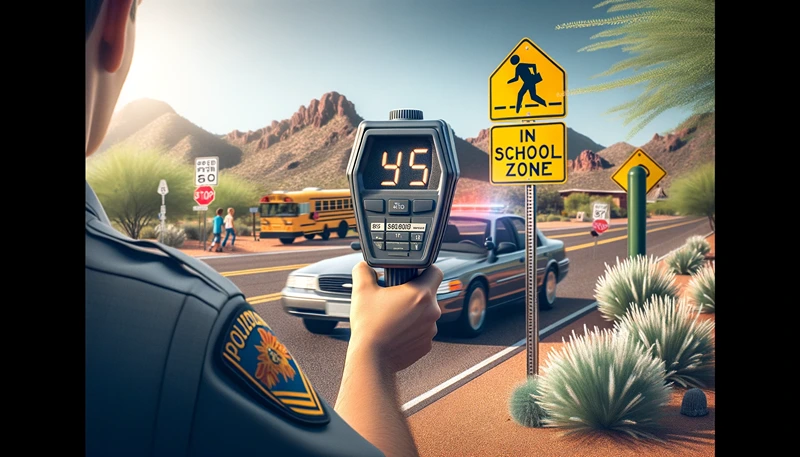
Theft, Robbery, and Burglary: Understanding the Differences
Have you ever heard someone use the terms theft, robbery, and burglary interchangeably? While these three terms are often used to describe the same thing, they each have distinct differences in the eyes of the law. Understanding these differences can help you better understand the potential consequences of these criminal offenses.
What is Theft?
Theft is defined as taking someone's property without permission with the intention of permanently depriving the owner of that property. This can include stealing physical items, such as a phone or bike, but can also include theft of money or intellectual property. In many cases, theft is charged as a misdemeanor, but it can be elevated to a felony charge depending on the value of the stolen property and the circumstances surrounding the theft.
What is Robbery?
Robbery is similar to theft in that it involves taking someone's property without permission. However, robbery is distinct because it involves the use of force or threats to obtain the property. In order for an act to be considered robbery, the use of force or intimidation must occur at the time of the theft, or immediately before or after the theft. Robbery is always a felony offense, and the severity of the charges will increase based on the amount of force used and whether or not a weapon was involved.
What is Burglary?
Burglary is the act of entering a building or structure with the intention of committing a crime, most commonly theft. Unlike robbery, burglary does not require the use of force or intimidation to commit the crime. Burglary charges can be brought even if the intended crime was not actually committed. Burglary charges vary depending on the specific circumstances, such as whether the building was a home or business and whether or not the perpetrator was armed.
Frequently Asked Questions
What are the potential consequences of a theft conviction?
The potential consequences of a theft conviction can vary greatly depending on the value of the stolen property and whether or not the crime was charged as a misdemeanor or felony. For a misdemeanor charge, you may face fines and probation, while a felony charge could result in jail time and a felony conviction on your record.
What are the potential consequences of a robbery conviction?
A robbery conviction is always a felony offense and can carry severe consequences such as fines, restitution, and imprisonment. The severity of the charges will increase depending on the use of force or weapons during the crime.
What are the potential consequences of a burglary conviction?
The potential consequences of a burglary conviction will depend on the specific circumstances of the crime, such as the type of building entered and whether or not property was taken. Like other criminal charges, burglary convictions can result in fines, probation, and jail time.
What should I do if I am facing theft, robbery, or burglary charges?
If you are facing any of these charges, it is essential to seek the help of an experienced criminal defense attorney. An attorney can help you understand the charges against you, explain your options, and build a strong defense to protect your rights.
Can I be charged with more than one of these crimes?
Yes, it is possible to be charged with multiple crimes in connection with one incident. For example, if you are accused of breaking into a home and stealing property while threatening the occupants, you could be charged with both burglary and robbery.
How can I protect myself from being accused of these crimes?
The best way to protect yourself from being accused of theft, robbery, or burglary is to avoid engaging in any criminal activity. If you are ever in a situation where you are accused of these crimes, it is important to seek the advice of an experienced attorney to protect your rights and defend against the charges.
Contact an Experienced Criminal Defense Attorney
If you or someone you know is facing theft, robbery, or burglary charges, it is essential to seek the help of an experienced criminal defense attorney. The team at Kolsrud Law Offices has years of experience defending clients against these charges and can help you understand your legal options. Contact us today to schedule a consultation.
Theft,Robbery,Burglary-Criminal




